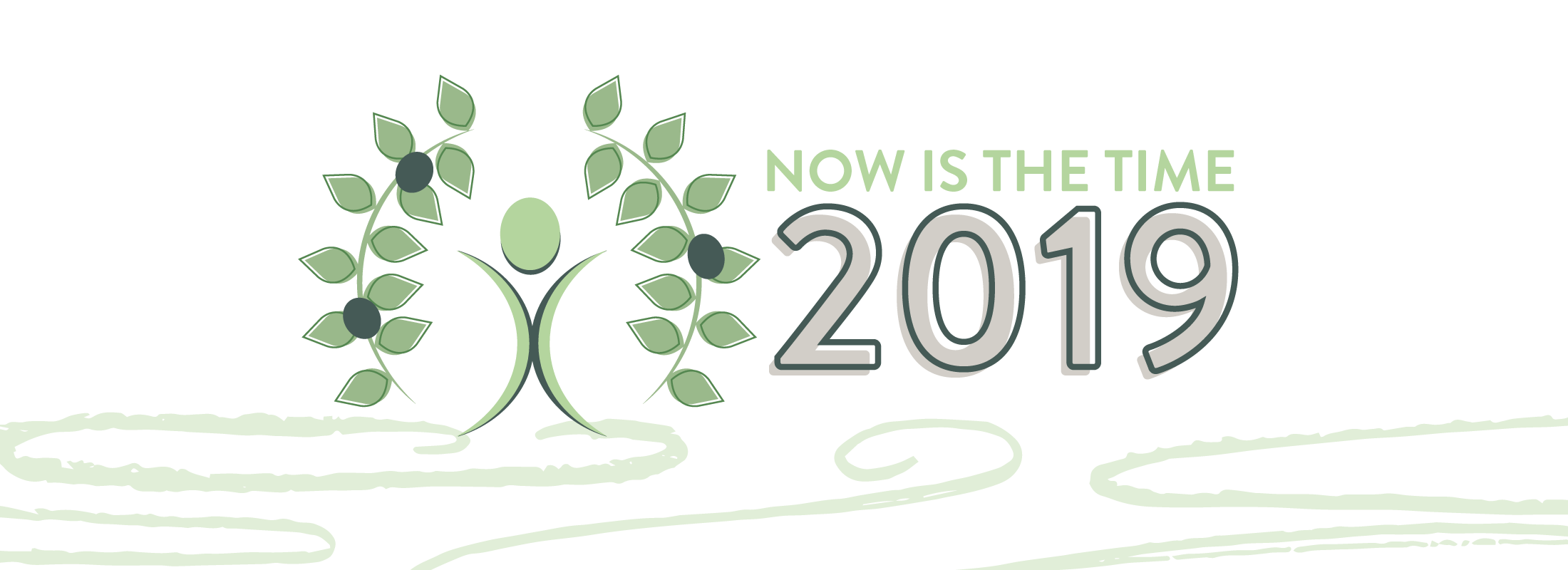ITE & EP Projects
- About Us
- Sustainability Commitment
- WI-WIOA Career Interview Project
- Coordinated Specialty Care (CSC)
- Employment Connections
- Now Is The Time
- Transition Improvement Grant
- Wisconsin National Core Indicators Project
- Professional Development
- Substance Abuse and Mental Health Services Administration (SAMHSA) Mental Health Awareness Training Grant
- Qualified Treatment Trainee (QTT) Grant Program
- Project SEARCH®
- Wisconsin Integrated Transition Planning Project
- Wisconsin Residential Recovery Trainings
- WI Systems of Care
- Historical Projects
- 4-Step Approach to Treating Co-Occurring Disorders Training
Contact Us
Topical Breakouts
Kristi Wood
Advocating for Youth Aging Out of Foster Care: A Strengths-Based Approach
Everyone will likely intersect at points in time with youth transitioning or 'aging out' of foster care. There are roughly a half million youth living in out-of-home care (OHC) in the U.S. This presentation will offer an opportunity to receive current information about youth in OHC. Kristi will share her expertise gained from sixteen years of experience as a Level 3 foster parent for teen boys, many of whom 'aged out' of her foster home. The importance of advocacy, as well as a strengths-based approach in working with youth, will be emphasized throughout the presentation.
Jameelah A. Love and Wilton Johnson
The Assets of Youth Voice
Youth voice has shown to be a powerful tool for increasing youth outcomes. It is time to take another step forward by understanding how young people can become organizational assets. This entails actively engaging with the values, opinions, and skills of the youth and young adults involved in an organization, and reflecting a positive youth development approach. You will hear from the passionate advocates for change, Jameelah A. Love and Wilton Johnson, who will offer their insights and expertise on how to enhance your engagement with youth.
Alex Kestrel
A Deeper Look into Queer Cultural Competency
Gender Unicorn
Queer Cultural Competency PowerPoint
Providing culturally competent care to LGBTQ+ youth within our current systems can be difficult. In this presentation, we will talk about the additional barriers LGBTQ+ youth face in comparison to their non-LGBTQ+ peers. We will discuss creative ways to change ourselves, the agencies we work for, and the physical spaces we work in to benefit LGBTQ+ youth.
Djay Joi
Effective Communication Strategies to Reduce Power Struggles
DJay Joi is an individual with extensive lived experience in the foster care and mental health systems. He has shown great dedication to overcome challenges throughout his life. You will engage in conversations with DJay about the best strategies to enhance your ability to communicate with youth. His passionate insights will help you build rapport and a foundation for better relationships.
Tim Markle
How to Survive Yourself: One Story of Depression, Addiction, and Self-Harm
How to Survive Yourself PDF Slides
Life isn’t easy. I found out sometimes I was my worst enemy. I have dealt with hurting myself, suicidal desires, depression and a few addictions along the way. Maybe I can help you learn effective ways to cope with pain by sharing my personal story.
Josh Beaton
Human Trafficking in Wisconsin: Communicating, Identifying, and Serving Victims of Sex and Labor Trafficking
Human trafficking in Wisconsin is a prevalent and complex issue. Understanding how to engage potential victims of human trafficking in a trauma-informed way is critical to the proper identification and referral of victims. This session will provide an overview of sex and labor trafficking in Wisconsin and illustrate real case studies for discussion. In addition, participants will learn about the unique trauma experience of victims of sex and labor trafficking and how it relates to serving survivors. Participants can expect to be equipped with tools for communication, treatment, screening and identification, and referrals to the proper resources.
Sarah Reed
I Seek to Listen and Support: How to be a Safe Person
How to be a Safe Person for Young People PowerPoint
One in four people will experience a mental illness or substance use illness in any given year. How can we best support those we love who may be struggling? Wisconsin Initiative for Stigma Elimination (WISE), a statewide coalition, focuses on building inclusion, support, and hope for individuals and families living with mental health challenges. Learn how WISE Wisconsin’s seven promises can help you become a safe, supportive, and compassionate person.
Joe Dooley
Racial Disparity in Mental Health Diagnosis
While we would like to believe that mental health diagnostic processes and treatment are free from bias, there is much evidence that points to disparities in diagnoses according to race. For example, research suggests that young African American men are diagnosed as having schizophrenia in much higher rates than other demographic groups. This presentation will examine these disparities and the effect that they have on mental health treatment. The presenter will provide evidence from research in this area, as well as examples from his experience as a mental health provider.

